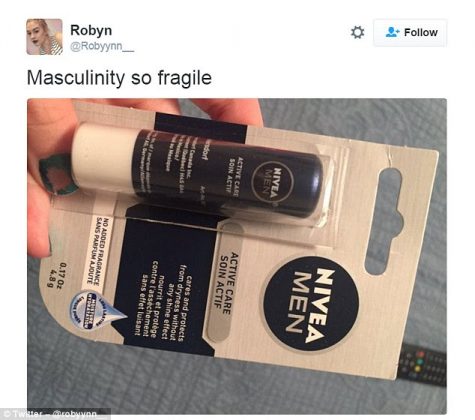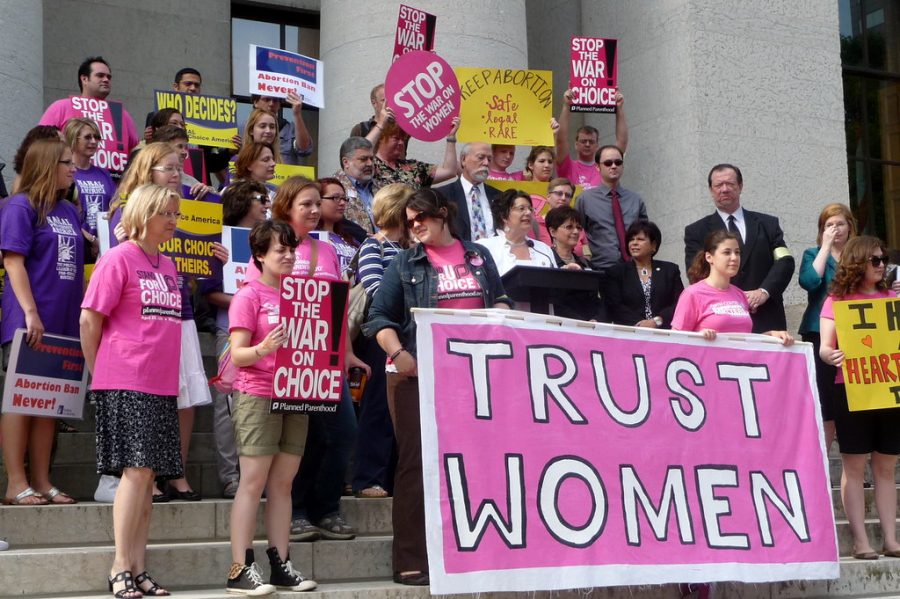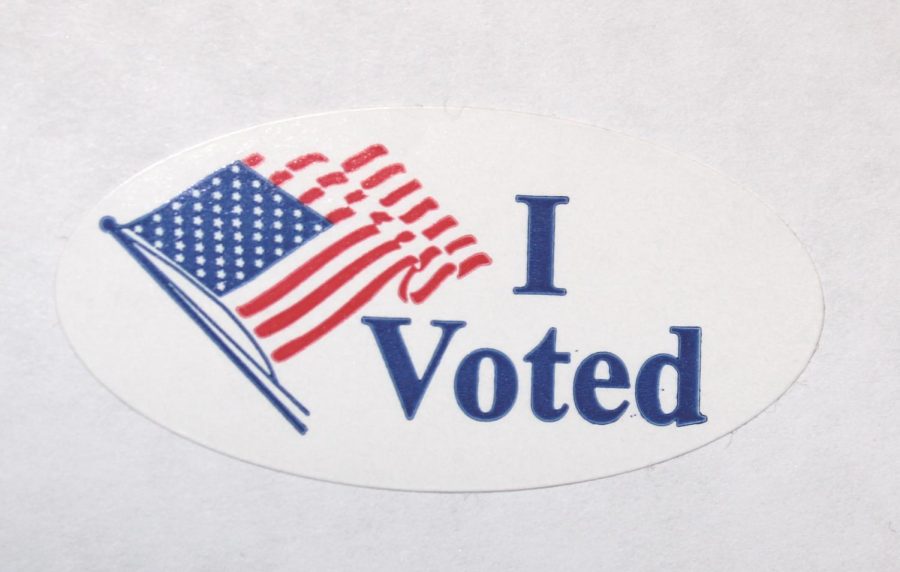
According to most dictionaries, masculinity is defined as the possession of qualities traditionally associated with men. However, masculinity is a deeper concept that impacts our culture, daily lives and every man differently. It manifests into hyper-masculinity—the exaggeration of stereotypical male behaviors which heightens homophobia and misogyny.

The #MasculinitySoFragile movement has taken over Twitter in the last two years.
Two years ago the Twitter trend “#MasculinitySoFragile” emerged, which points out the fragility in the culture of hypermasculinity in our society. For example, not wearing certain colors associated with femininity, because this would damage their masculinity.
The Masculinity So Fragile Movement strives to spread awareness of boys’ constant societal pressure to be “masculine.” Hopefully, this message will inspire boys to break gender stereotypes and express themselves without fear of judgement.
Sophomore Issak Flores describes the pressure of hypermasculinity on himself and other boys.

“I believe [hypermasculinity] exists in today’s culture,” Flores said. “If you don’t have muscles to standard they won’t consider you a guy, or if you support feminism you’re called ‘gay.’ You have to be the manliest man to be accepted, which is totally not true, but society pushes that onto us.”
If boys don’t assume these typical “masculine” traits, society ridicules their looks, clothes and even the activities they enjoy. Sophomore Stephen Gialamas describes how he was bullied for not fitting the standard of masculinity.
“I dealt with that a lot actually in junior high,” said Gialamas. “It sucks because you’re just being yourself and people [are] calling you mean things. It makes you question yourself, which in turn hurts yourself. But I know that I’m a guy, and that it doesn’t matter what they say and I can be who I am, and that I shouldn’t care what other people think.”
Hypermasculinity affects more than just men. It’s a trickle down effect that negatively impacts women and the LGBTQ+ community. When men do anything remotely feminine, they are called a girl or ‘gay,’ as if these are the most degrading insults. This perpetuates the misconception that if you assume more feminine qualities or belong to the LGBTQ+ community, you are weak.
“There’s this whole idea of ‘you run like a girl’ or ‘you hit like a girl,’ and I feel like that doesn’t matter,” Gialamas said. “Look at professional fighters like Ronda Rousey; she fights better than most guys fight. Most guys are scared of what some girls can do. This idea that girls are weaker, different, or it’s an insult to be a girl, is unnecessary.”
Gialamas explains why he supports the Masculinity So Fragile Movement.
“People should be able to do, feel, and think however they want and not be questioned about it,” Gialamas said. “A guy can wear pink. It’s just a color. It really doesn’t matter what you do, because you personally know that you’re a guy, and it’s not what you do that defines if you’re a guy or a girl, it’s how you think and what you are inside.”
The purpose of this movement isn’t to force feminine qualities onto men or to shame them for being masculine, but to create an environment where men can openly express themselves in any way without ridicule or shame. The Masculinity So Fragile Movement focuses on creating a society where men are accepted for who they are.
Senior Erick Ramirez explains why he is unapologetic about his masculinity.
“I personally don’t open up to people because of this stereotype that men are supposed to be strong, and that men cannot show emotion,” Ramirez said. “Sometimes I act differently than other guys, and I’m not trying to put on a persona, it’s just simply who I am. If you can’t deal with it, then it’s not my problem. It’s who I am.”
So whether boys like sports or dance, blue or pink, no one should feel limited in their opportunities because of their gender.






